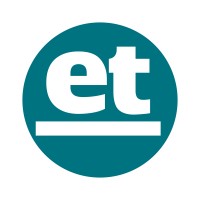
Institute for Behavior and Health, Inc.
Founded in 1978, the Institute for Behavior and Health, Inc. is a 501(c)3 non-profit organization that develops new ideas to reduce illegal drug use. Non-partisan and non-political, IBH serves as a catalyst for change. IBH facilitates creative public and private sector collaboration to achieve this important public health goal. The mission of IBH is to reduce the use of illegal drugs and improve prevention and treatment. We work to achieve this mission by conducting research, promoting ideas that are affordable and scalable, linking with other individuals and groups to create synergies, and presenting new ideas at national meetings and in the media and by writing papers and reports that appear in leading journals and publications. This activity is managed and produced by the small and productive IBH staff, working with a uniquely talented and dedicated group of advisers and allies. While much of our work is original, IBH claims no ownership. IBH emphasizes collaboration and coalition-building. The result is our continued leadership in drug research and policy.






